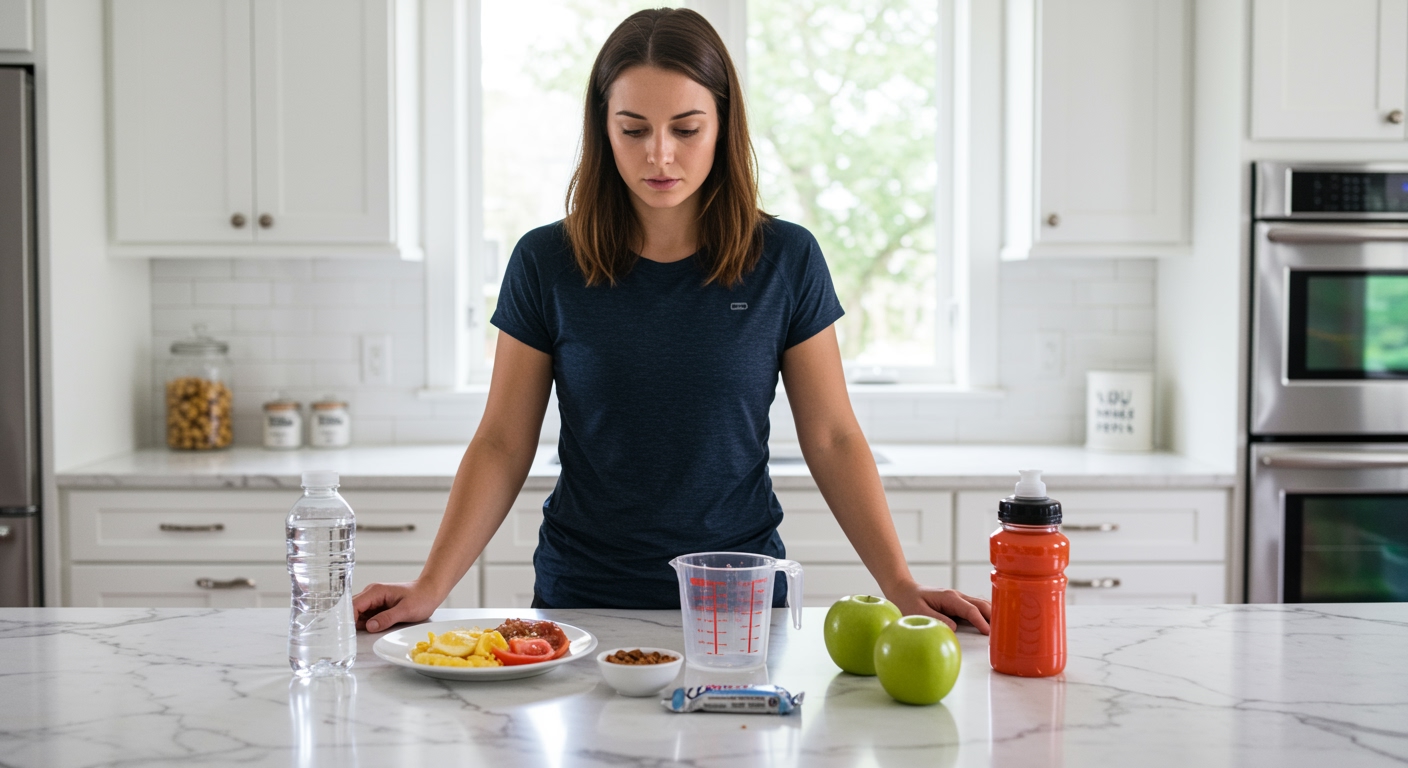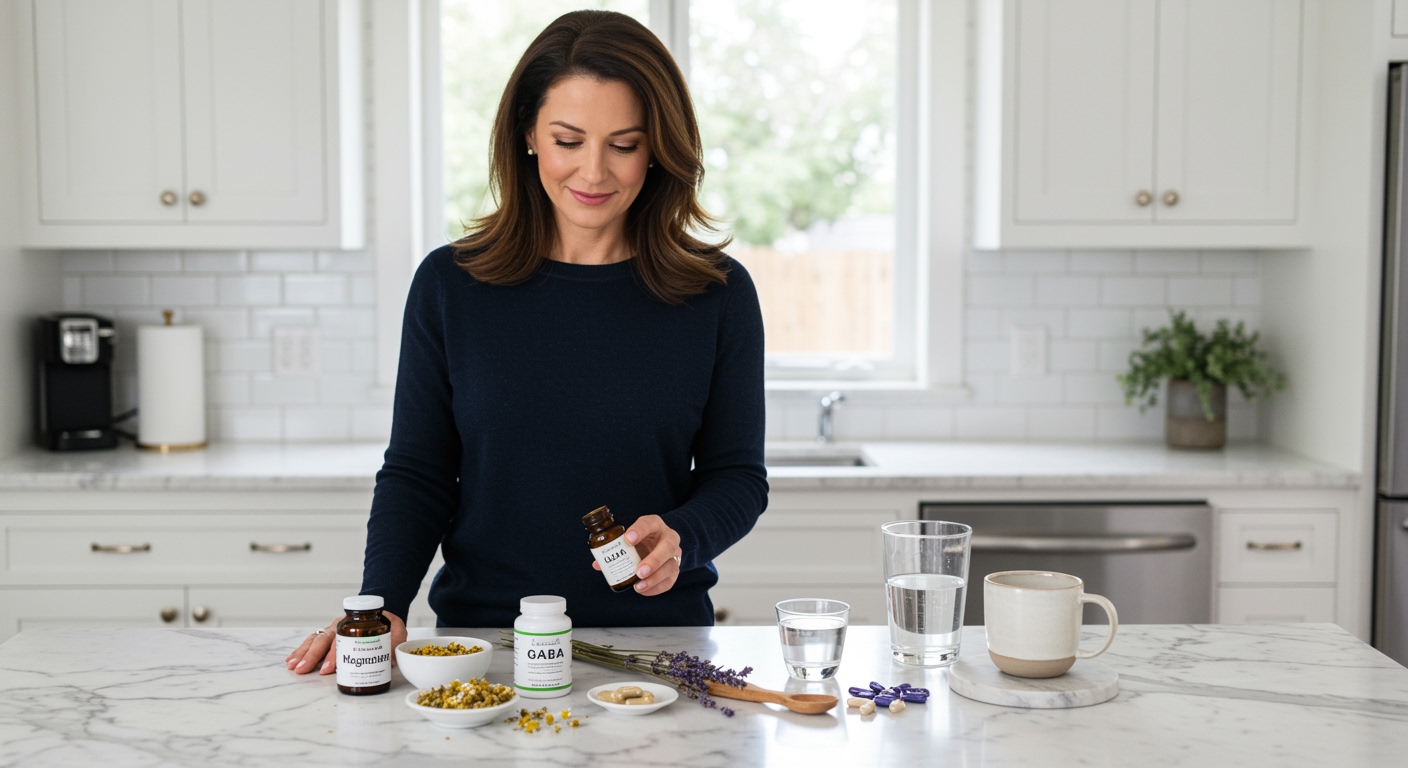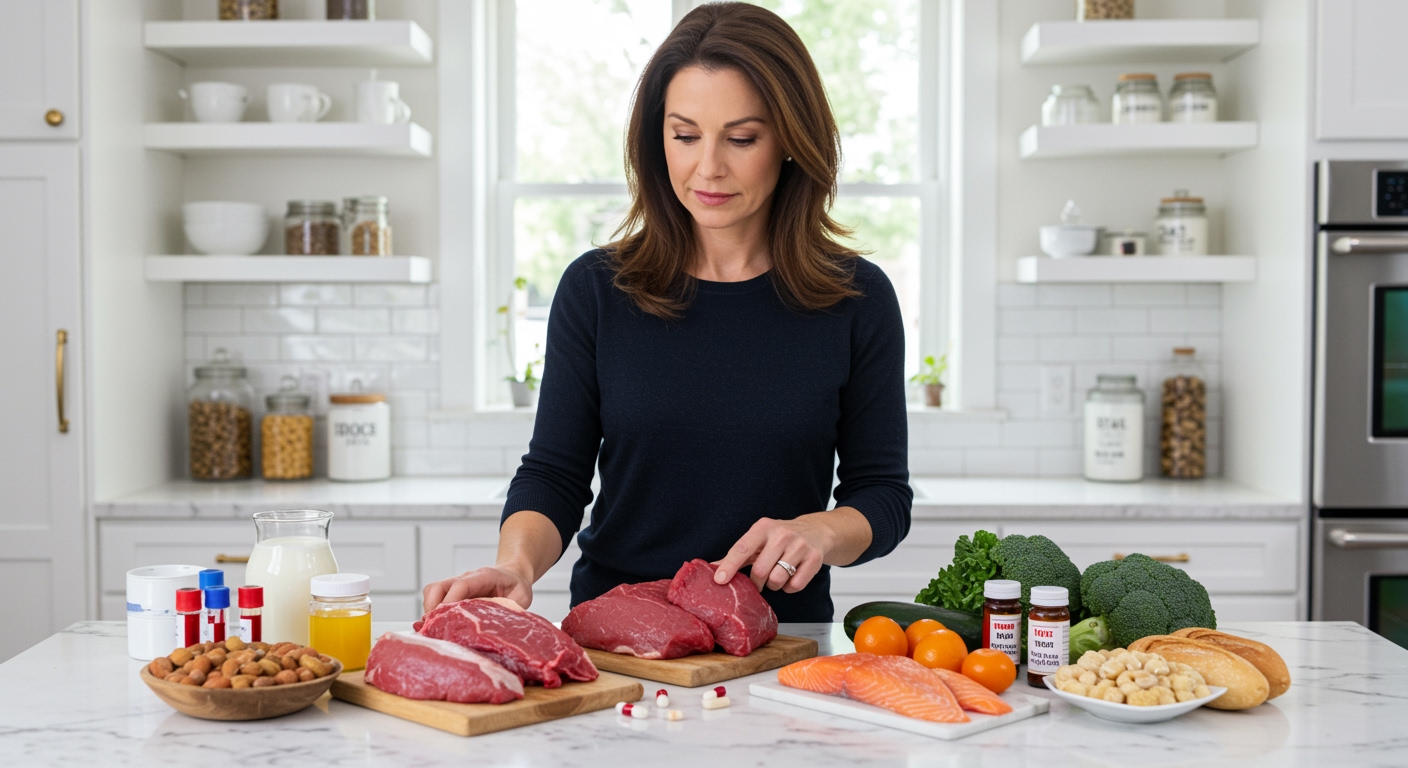✪ Key Highlight: Over one-third of female Gaelic athletes suffer from dangerous low energy availability that threatens their health.
Introduction
Female athletes are facing a hidden crisis that could destroy their careers and health.
A groundbreaking study published in the Irish Medical Journal has exposed that more than one-third of female Gaelic athletes are not getting enough fuel to support their bodies and sport.
Hi, I’m Abdur, your nutrition coach and today I’m going to analyze this alarming research that reveals how poor nutrition is putting female athletes at serious risk.
What Is Low Energy Availability?
Low energy availability happens when athletes do not consume enough calories to support both their daily living needs and training demands.
Your body needs a certain amount of energy just to keep your heart beating, lungs working, and brain functioning.
When you add intense training on top of these basic needs, your energy requirements increase dramatically.
If you do not eat enough to meet these combined demands, your body starts making tough choices about where to spend its limited energy.
Your body will prioritize keeping you alive over maintaining peak athletic performance or reproductive health.
✪ Fact: Low energy availability affects hormones, bone health, immunity, and recovery in female athletes.
Why Are Female Athletes At Higher Risk?
The study found that many female athletes lack basic nutrition knowledge about their specific needs.
Most sports nutrition resources are designed for male athletes, whose bodies have different energy and nutrient requirements.
Female athletes often face pressure to maintain a certain body weight or appearance, leading them to restrict their food intake.
Many rely on social media for nutrition advice, which frequently promotes restrictive eating patterns or unproven supplements.
The culture around sports often glorifies being lean, creating an environment where eating enough food is seen as weakness rather than strength.
Without proper guidance, female athletes are left guessing about their nutritional needs, often falling short of what their bodies require.
✪ Pro Tip: Female athletes need specialized nutrition guidance that accounts for their unique physiological needs.
What Are The Dangerous Consequences?
Low energy availability triggers a cascade of health problems that can have lasting effects on female athletes.
Menstrual disturbances are often the first sign, as your body shuts down reproductive functions to conserve energy.
Bone density decreases when your body lacks the energy to maintain strong bones, increasing your risk of stress fractures and osteoporosis later in life.
Your immune system weakens, making you more susceptible to infections and illnesses that can derail your training.
Recovery between training sessions slows dramatically, leading to persistent fatigue and decreased performance.
Mental health can suffer as your brain lacks the fuel it needs to regulate mood and cognitive function.
The most concerning aspect is that many of these changes happen gradually and may not be noticed until serious damage has occurred.
✪ Note: Early intervention is crucial because some effects of low energy availability can become permanent.
How Can Female Athletes Protect Themselves?
The first step is understanding that eating enough food is not the enemy of athletic performance but its foundation.
Female athletes need to learn the basics of sports nutrition, including how much carbohydrate, protein, and fat their bodies require.
Regular meals and snacks should be planned around training sessions to ensure adequate energy availability throughout the day.
Working with qualified sports nutritionists who understand female physiology can provide personalized guidance.
Monitoring signs like energy levels, recovery, mood, and menstrual health can help identify problems early.
Sports organizations need to invest in female-focused nutrition education programs and challenge unhealthy cultural attitudes.
✪ Pro Tip: Track your energy levels and performance to identify patterns that might indicate inadequate nutrition.
The Bottom Line
This study reveals a serious problem that demands immediate attention from athletes, coaches, and sports organizations.
Your body is not your enemy, and food is not the obstacle to your success but the fuel that makes it possible.
I would love to hear your thoughts on this research and whether you have experienced similar challenges in your athletic journey, so please share your questions or experiences in the comment section below.
References
At NutritionCrown, we use quality and credible sources to ensure our content is accurate and trustworthy. Below are the sources referenced in creating this article:





